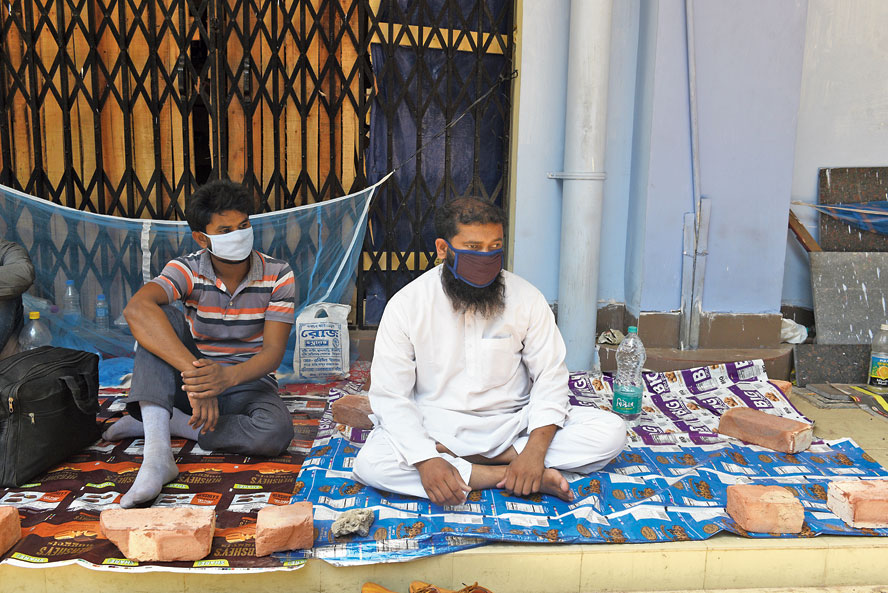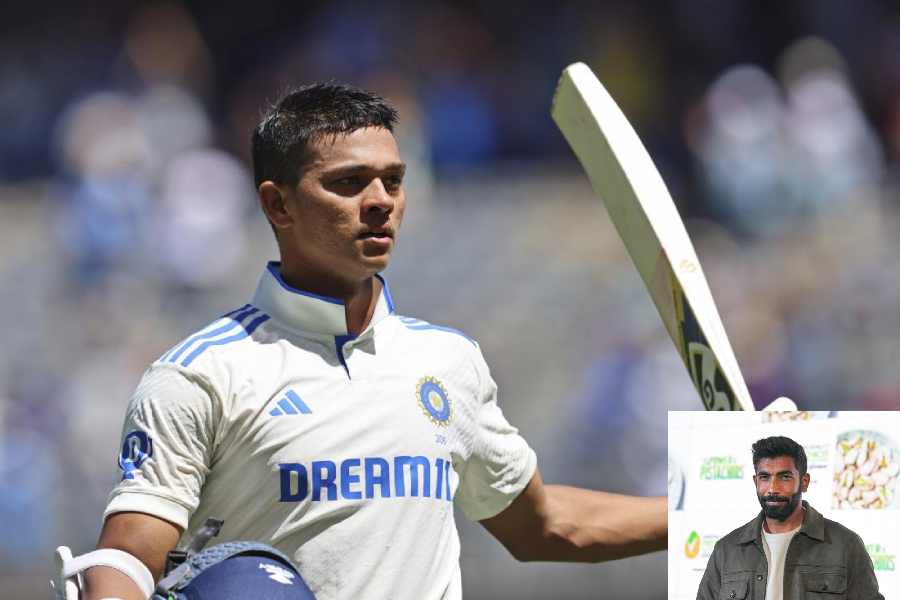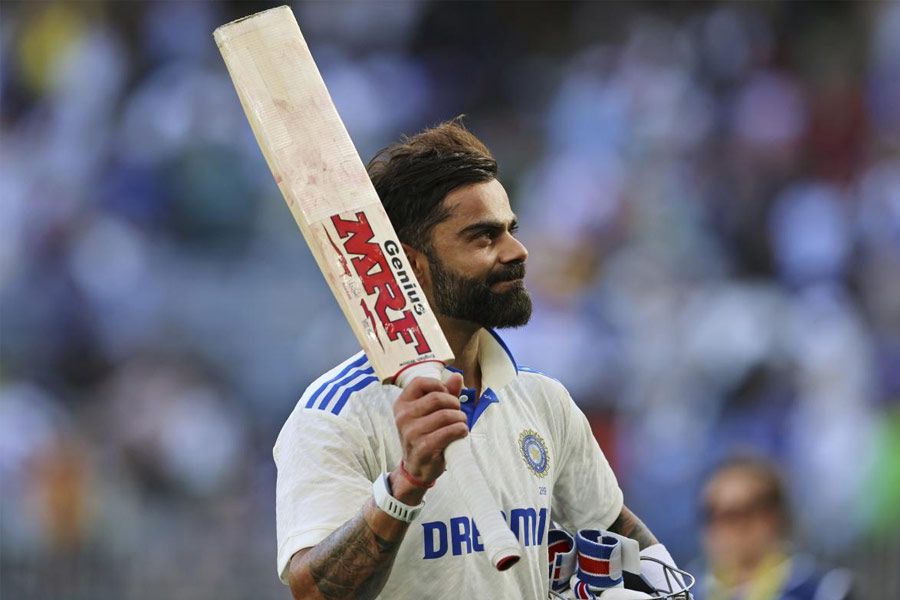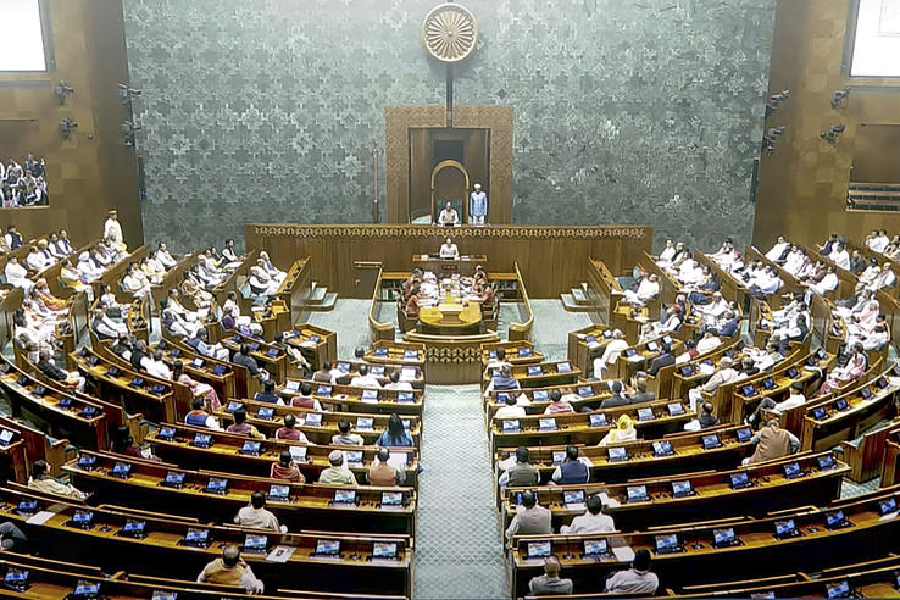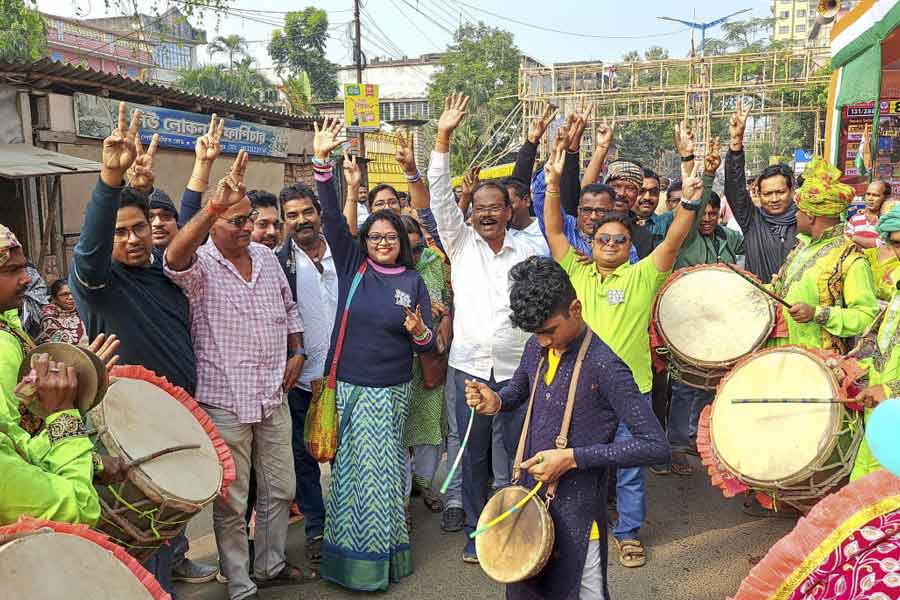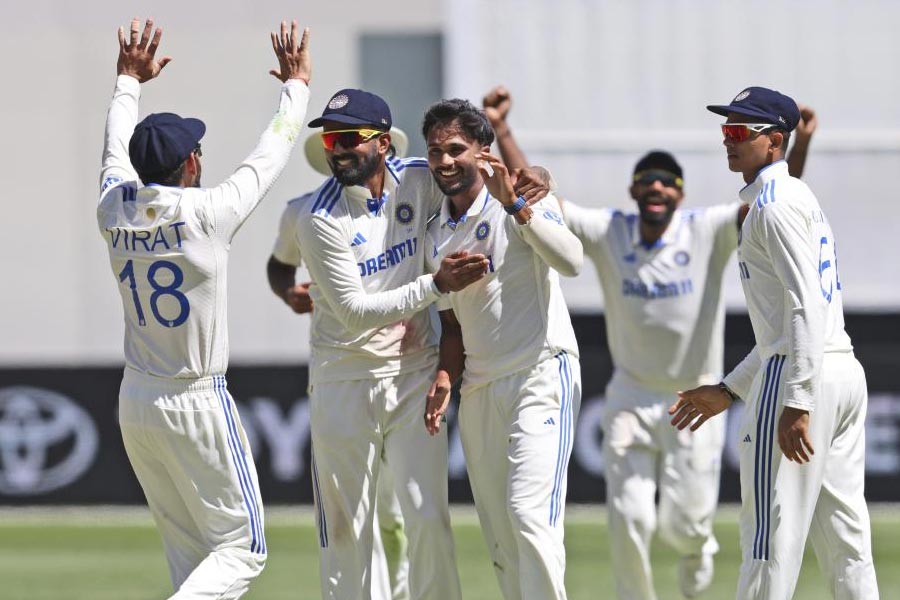A 16-month-old boy with a meat bone stuck in his respiratory tract had to travel nearly 300km from Pakur in Jharkhand to SSKM Hospital, a journey that took around a week, amidst the lockdown to get the bone extracted.
The reason for the long and perilous journey: four hospitals on the way from Pakur to Calcutta, including a medical college in Murshidabad, allegedly failed to treat the boy.
Family members of Shariyat Hussain said they had to pay much more than the normal amount to ferry the boy in ambulances and are now staying by the roadside outside SSKM’s main block. They are surviving on food being provided by a gurdwara.
“The child was in such a critical state when he reached SSKM on Tuesday that he could not undergo surgery on the first and second days. The operation was performed on Thursday and the meat bone, 1cm long and 0.5cm wide, was taken out. He is on ventilator,” an SSKM official said.
A health department official said most government-run hospitals in districts, including medical colleges, were continuing to refer patients to medical colleges in Calcutta mostly because of two reasons — lack of skilled personnel and technology for certain surgeries and reluctance to keep critical patients under their watch.
The bone got stuck in Shariyat’s respiratory tract about 10 days back.
“He was having trouble breathing and so we first took him to a local doctor. The doctor asked us to take him to hospital. I took him to a nursing home in Dhulian in Murshidabad, around 5km from our home, on my motorcycle,” recounted uncle Mubarak, a college student.
The next day the boy was referred to Jangipur Sub-Divisional Hospital, about 33km away.
“We had to hire an ambulance. The fare was fixed at Rs 1,000 after much bargaining. The usual rate is between Rs 500 and Rs 600,” said Mubarak.
Apart from his uncle, Shariyat was accompanied by his father Md Yusuf and mother in the journey from the Dhulian nursing home.
Within 10 minutes of reaching the Jangipur hospital, Shariyat was referred to the Murshidabad Medical College and Hospital in Behrampore. The sub-divisional hospital, however, provided an ambulance to ferry the boy to Behrampore for free.
“The doctors at the medical college kept him for two days and his condition was worsening. Then they told us that they could not treat him and referred him to NRS (Medical College and Hospital) or any other hospital in Calcutta,” said Mubarak.
Sources said doctors at the Murshidabad Medical College and Hospital had initially diagnosed that the boy had been suffering from acute respiratory infection.
“We don’t have the required manpower and equipment to treat a critical paediatric patient. Also, we don’t have facility to perform bronchoscopy (a procedure that allows doctors to look into the patient’s air passage and lungs) on children,” said Devdas Saha, the medical superintendent-cum-vice-principal of the medical college.
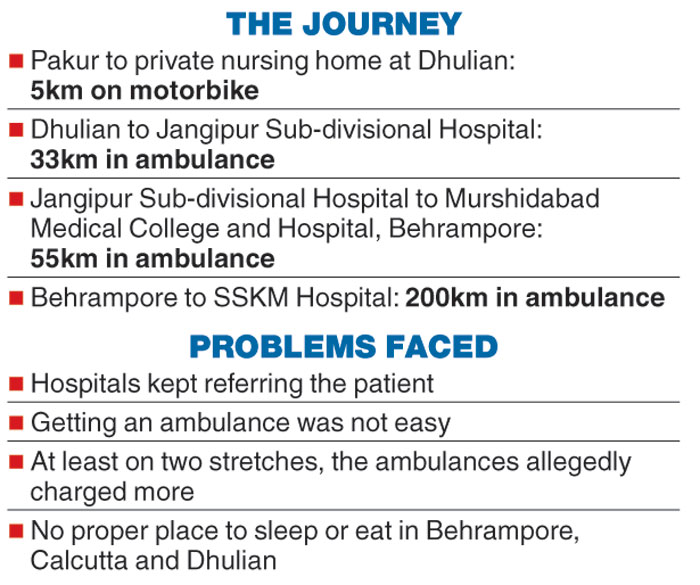
The Telegraph
Shariyat’s family members then took him to a nursing home in Behrampore.
“We knew it would be difficult to take him to Calcutta because of the lockdown. Besides, we do not have any acquaintance in Calcutta,” said Mubarak, a college student.
In Behrampore, too, they stayed by the roadside.
Shariyat was kept at the nursing home for another couple of days before doctors asked Mubarak to shift him to Calcutta because they said something stuck in his air passage had to be taken out.
“We again bargained with an ambulance driver, who agreed to ferry us to Calcutta for Rs 4,800. Residents of the area said the usual rate was around Rs 4,000,” said Mubarak.
At SSKM Hospital, Shariyat was admitted to the paediatric department and then referred to the ENT wing of the hospital.
“The child’s condition was so critical that we admitted him to the paediatric intensive care unit. He was barely able to breathe and we were not sure he would survive,” said Kaustuv Das Biswas, an assistant professor at SSKM’s Institute of Otorhinolaryngology and Head Neck Surgery.
On Thursday, a procedure was done by which a hole was punctured in the trachea and the bone was brought out. The surgery was performed by Das Biswas, Debasis Burman, a professor at the institute, and senior resident Sayan Hazra, along with others.
“We have trained doctors and brought equipment with the help of the state government to develop the institute. More such institutes are needed to be built across Bengal because we are flooded with such patients from districts with foreign bodies stuck in their air passages,” said Arunabha Sengupta, the director of the institute.
He said several such patients were coming to the department from various places despite the lockdown.
The sufferimgs of Shariyat’s family’s did not end after the successful surgery.
“We don’t have a place to sleep or eat. The night shelter for relatives is overcrowded and so we are spending the night under the sky, sleeping on old newspapers,” said Mubarak.
“The eateries are all closed. We would not have survived had a gurdwara not provided us, and others, with food.”

